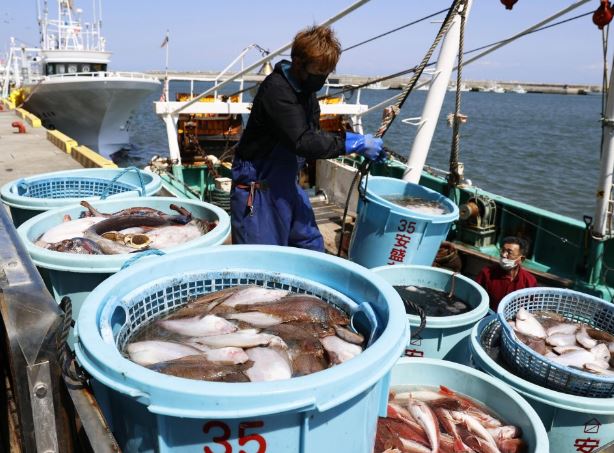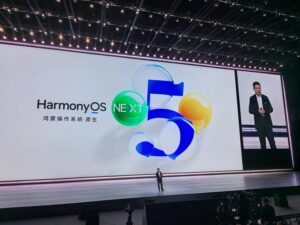
No detectable amount of tritium has been found in fish samples taken in waters near the damaged Fukushima Daiichi nuclear power plant, where the dumping of treated radioactive water into the sea began a month ago, as reported by Kyodo News.
Results from Japan’s Fisheries Agency show that no tritium was detected in the latest sample of two olive flounder caught on Sunday. The agency has provided almost daily updates since the start of the water release, in an attempt to dispel damaging rumors both domestically and internationally about its environmental impact.
The results of the first samples collected were published on August 9, before the discharge of treated water from the complex began on August 24. The water had been used to cool molten nuclear fuel at the plant, but has been subjected to a treatment process that removes most radionuclides except tritium.
The remaining tritium is then diluted to a concentration 40 times lower than that allowed by Japanese safety standards before being dumped into the Pacific Ocean through an underwater tunnel located one kilometer from the coastal plant, which was wrecked due to a strong earthquake and tsunami in 2011.
Samples of local fish have been collected at two points within 5 km of the spill outlet, except in adverse weather conditions, and the agency has announced the results of its analyzes almost daily since August 26.
Japan’s trade deficit falls to 930.5 billion yen, exports to China plummet
No tritium was detected in 64 fish, including flounder and six other species, collected since August 8.
The results are currently available in Japanese and English, but it has yet to be decided whether the agency will change the frequency of its updates or offer them in other languages, such as Chinese.
The agency plans to test approximately 180 samples through the end of March 2024, and the collection points are expected to remain unchanged.
“Due to the growing momentum of support for Fukushima following China’s ban on Japanese seafood imports, it does not appear that significant reputational damage has occurred domestically,” an agency official stated.

Source: https://reporteasia.com/sociedad/2023/09/26/no-se-encuentra-tritio-en-los-peces-de-japon-un-mes-despues-del-vertido-de-agua-de-fukushima/

